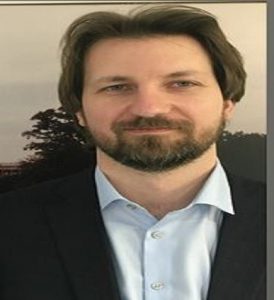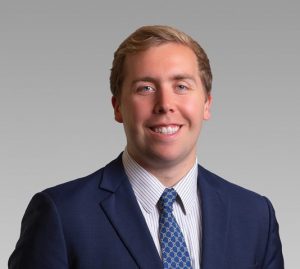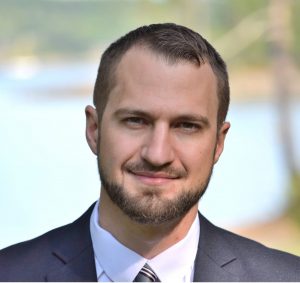Washington Kurdish Institute
The two most effective forces fighting the terror groups of ISIS, al Qaeda, and others in the Middle East have been the Peshmerga forces in the Kurdistan region of Iraq and the Kurdish-led Syrian Democratic Forces in Northern and Eastern Syria. Both forces have been members of the US-led global coalition to defeat ISIS.
In Iraq, the Peshmerga forces have been a recognized defense entity of the Kurdistan region since 2005. However, they face challenges including funding from the federal government and division into two factions loyal to the main political parties: the Democratic Party of Kurdistan (KDP) and the Patriotic Union of Kurdistan (PUK).
In Syria, the SDF continues fighting the sleeper cells and remains of ISIS terrorists while still holding and guarding tens of thousands of ISIS captives and their families.The SDF experienced setbacks when Turkey invaded the Kurdish region last October and now face existential threats due to Russia’s pressure to enroll them into the Syrian Arab Army and to the continuation of Turkey’s attacks on the region.
The panel discussed the structure, reforms, challenges, and future of these forces and why it matters for the US and the international community.
Speakers:
Najmaldin Karim– President of the WKI & Former Governor of Kirkuk Province- Iraq. Brief remarks
Wladimir van Wilgenburg– Author of The Kurds of Northern Syria, Journalist, M.A. Conflict & Kurdish Studies. Brief remarks
John Holland-McCowan– Research Fellow at the Belfer Center’s International Security Program at the Harvard Kennedy School of Government, PhD candidate at War Studies Department at King’s College London. Brief remarks
Matthew Cancian– PhD candidate in Political Science at the Massachusetts Institute of Technology, M.A. in Law and Diplomacy Fletcher School, Former Marine officer. Brief remarks
About Speakers:





